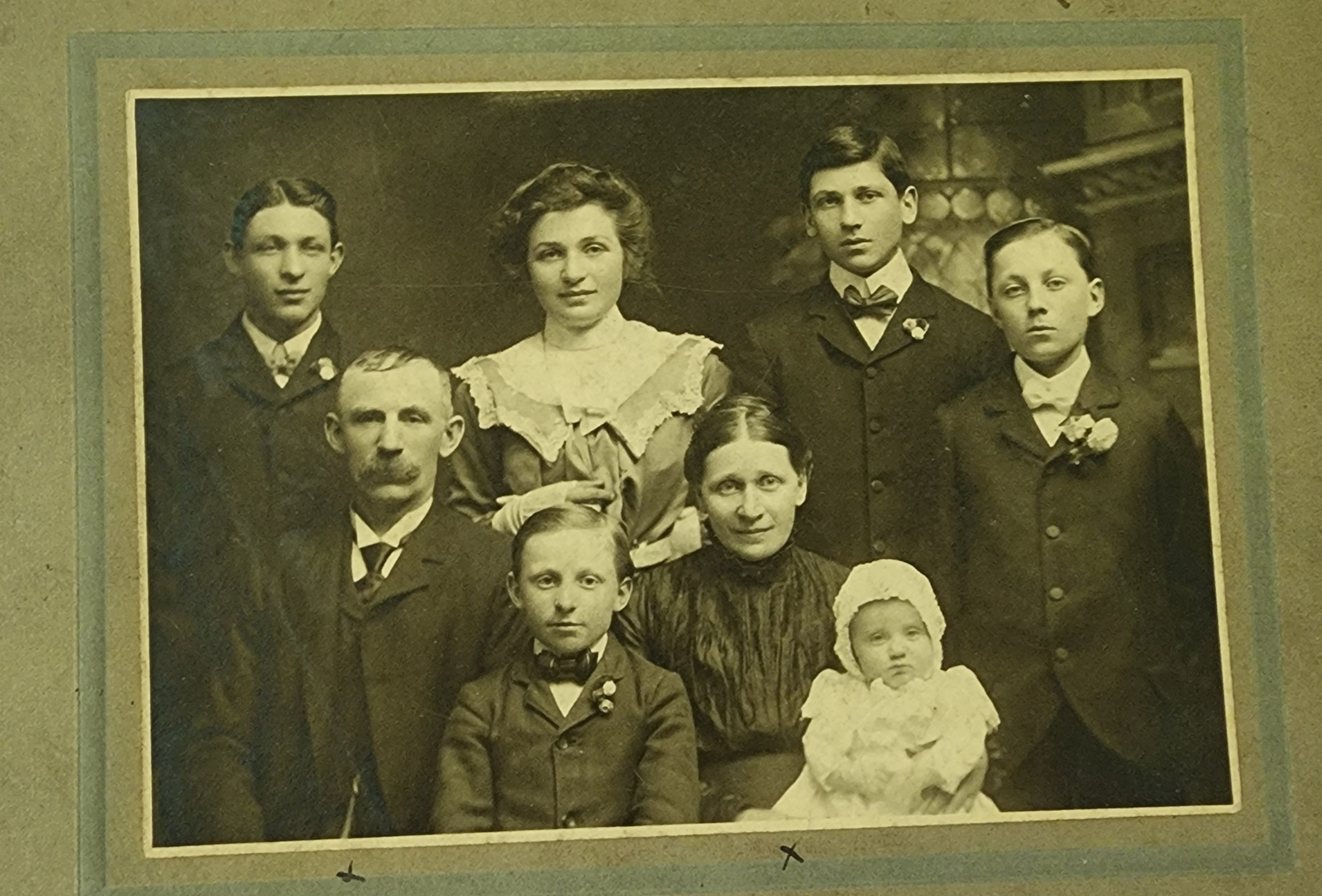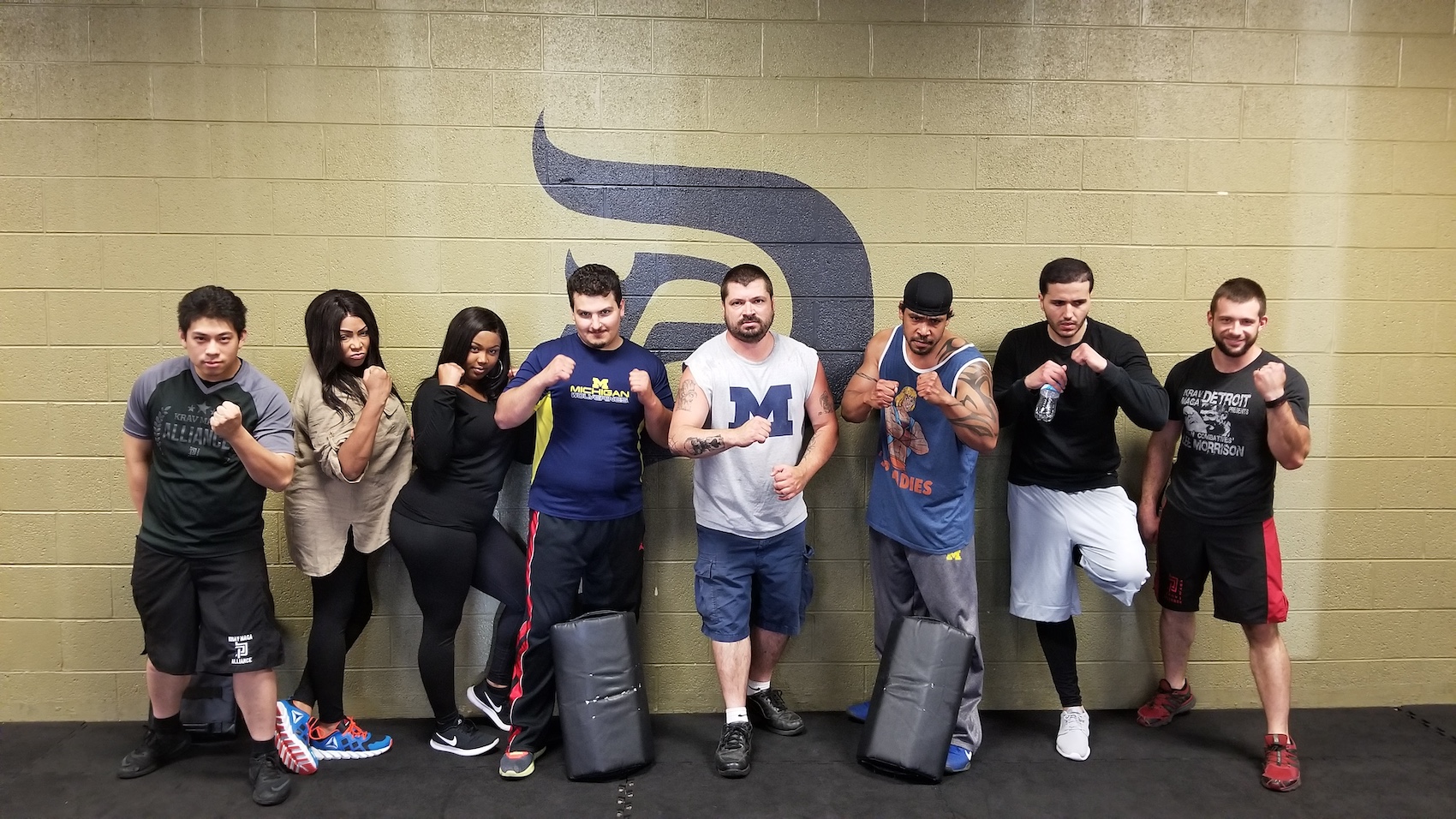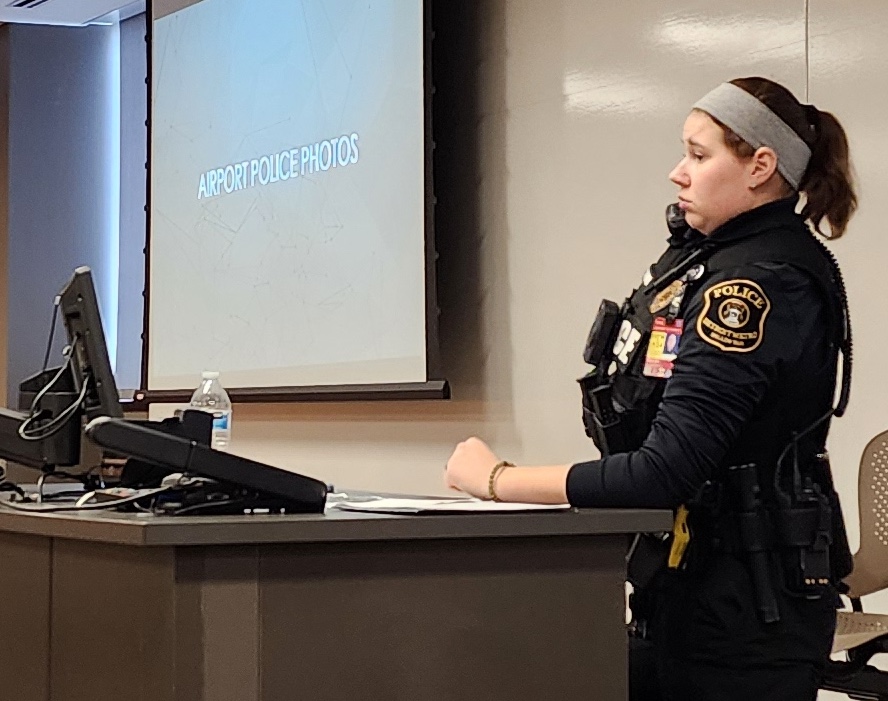After he was released, Kinzel earned his associate’s degree at Monroe Community College and an undergraduate degree at Siena Heights University. He then went on to earn his master’s degree from UM-Dearborn. He is currently working on his doctoral dissertation and plans to graduate with his Ed.D. from UM-Dearborn in 2025.
But, as important as education was to unlocking opportunities, Kinzel says getting into college came with significant hurdles.
“As a society, we don’t want to educate felons or hire them. I tried to get a job right out of prison, but couldn’t get hired. For college, I applied at multiple institutions. Some outright rejected me, but others noticed my growth. I ended up being the first person UM-Dearborn accepted while still on parole — and that was on a probationary status,” he says. “If the purpose of prison time is to reform offenders, we need to come up with a better path for reentry.” Kinzel hopes academic institutions will begin to expand their DEI efforts to be more inclusive for justice-impacted people.
There are, and will continue to be, many returning citizens in positions similar to Kinzel’s, he points out. “According to numbers, 95% of the men and women in prisons will be coming home. That’s a fact. So now the question is: Who do we want as our neighbor?,” Kinzel observes. “People with skills to help them make a living and be productive members of society? Or people who are sitting around and finding themselves in desperate situations?”
Kinzel says his pivot toward education helped him build skills over time.
While at community college, he became a member of Phi Theta Kappa International Honor Society and an academic tutor on campus. As an undergrad, he gained campus employment as a newspaper staff writer and was named a Ronald E. McNair Scholar, a U.S. Department of Education program that teaches highly qualified students from underserved populations about how to apply and succeed in graduate school. He graduated from UM-Dearborn’s Masters in Public Administration program in the top 15% of his class. He also was named a UM-Dearborn Difference Maker.
Throughout his education journey, Kinzel says he gained confidence, built networks and honed skills, while also proving himself to professors and administrators. This led to instructional assistant opportunities, which began while he was an undergraduate. Then in 2015, while a graduate student, Kinzel says support came from a seemingly unlikely place: Donald Shelton, then-director of UM-Dearborn's Criminology and Criminal Justice program and a retired long-time circuit court judge.
“I helped him promote a criminal justice symposium that he was working on and I believe that I exceeded his expectations. He saw my work ethic. Getting to know each other more, I let him know my background and discussed how I was teaching a couple classes part time at Western Michigan University. He thought that with my education, professional accomplishments and personal experience that I’d be a good addition to the criminal justice faculty and encouraged me to apply,” Kinzel says. “This respected judge gave me, a convicted felon, the experience I needed to move up in my career. He’s been a mentor and a friend.” Shelton retired from UM-Dearborn in spring 2024.
Kinzel says he shares these stories with returning citizens — individuals recently released from prison — so they know there are people in the criminal justice system who want previous offenders to have opportunities.









